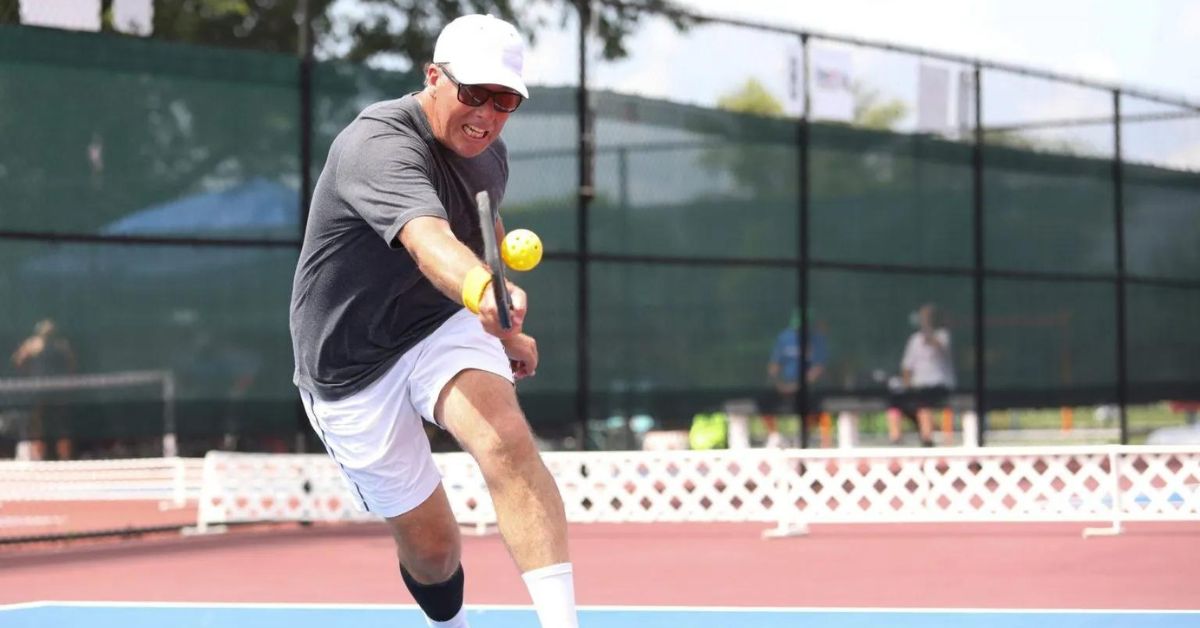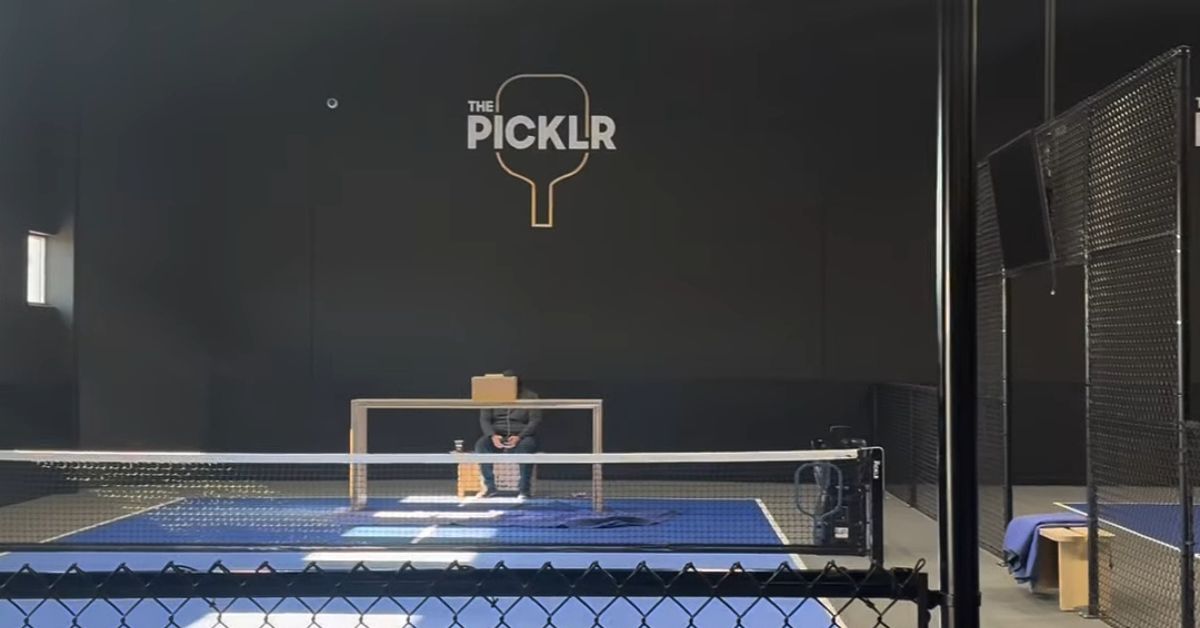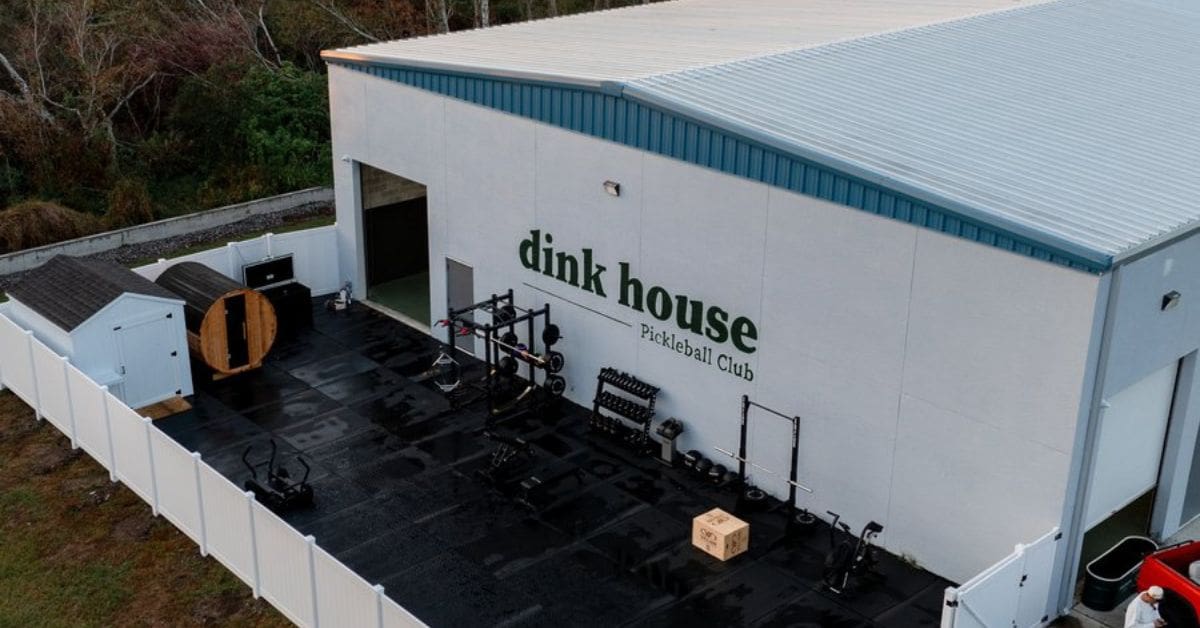Pickleball is the fastest-growing sport in the United States, and getting more popular day by day. Which offers a social and fun way to increase physical activity levels. Essentially, the growth in the sport’s popularity has led to a higher incidence of injuries.
“Without accurate information on injuries, it will be difficult to develop strategies to prevent these injuries and allow people to access the benefits of increased activity in the safest way possible,” said Olu Owoeye, Ph.D., director of the Translational Sports Injury Prevention (TIP) Lab at Saint Louis University.
Saint Louis University TIP Lab is introducing SPIN, an acronym for the Surveillance in the Pickleball Olayers to Lower Injury Burden, a multi-year, multi-faceted project to address injury concerns with pickleball and study health benefits that can be obtained through pickleball participation.
The Lab researchers’ goal is to describe the most common pickleball injuries and devise data-driven prevention strategies through different phases of the SPIN project. The beginning phase is a participation and injury survey for pickle ballers to complete online. This will provide accurate information to the SPIN team on how other participants play, and the type and frequency of injuries that they are experiencing.
“SLU TIP Lab is recruiting three thousand participants for this phase of the study from across all talent and age levels, age 18 & older, to give the most accurate picture of pickleball injuries available to date,” said Owoeye, assistant professor of physical therapy at SLU.
Once this data has and analyzed, SLU TIP Lab researchers and expert partners will create prevention strategies to test for ease of adaption and effectiveness. Additionally, the project team will initial studies to determine what types of health benefits of pickleball players can expect to get from. While playing pickleball.
Owoeye explains, “We know that increased physical activity has many benefits, including lowering blood pressure, helping with maintaining a healthy weight, and improving muscle strength, but because the increase in pickleball participation is so recent, we can’t accurately state how effective pickleball participation is at providing these and more benefits.”
The SPIN Project team partnered with Spine Physical Therapy, PEAK Sport, DUPR, and the ST. Louis Shock Professional Pickleball Club to help recruit players for the injury survey. The LAB resumes looking for additional partners to help this phase and additional phases of the SPIN project and Umbrella Pickleball Project that incorporate trials to test the efficacy of pickleball-related injury prevention and design strategies to get benefits of playing pickleball as a recreational sport.





